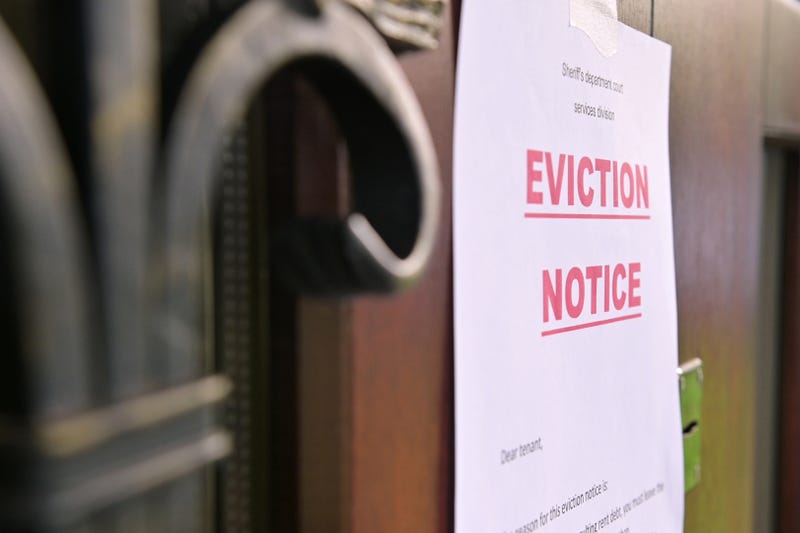
The eviction moratorium is coming to close in Minnesota, but relief for landlords could take time.
It began as a way to keep people who lost their jobs or income during the pandemic in their homes knowing shelter would assist in cutting down the spread of COVID-19. The Housing Bill signed into law in St. Paul means the off-ramp process starts now and comes to an official close next June.
"For renters who have materially violated the lease and were not able to be evicted under the executive order, an eviction could happen by July 14," Housing Commissioner Jennifer Ho said. "Leases can also begin to be terminated at the request of the renter. After that, housing providers are slowly allowed to terminate the leases and evict households who are behind on rent and not eligible for rental assistance, and then finally all the prohibitions are lifted."
There are key stipulations for landlords looking to recoup back rent.
"The legislation states the landlord may not file an eviction action or proceed with an eviction action for nonpayment against a renter who has a pending application for COVID-19 emergency rental assistance," Ho said.
There are also changes to the normal eviction process. The law requires that 15 days prior to filing eviction action for nonpayment of rent, landlords provide "a written notice stating the moratorium has ended, and that they may have an eviction filed against them," Ho said. "It must state the amount of the rent owed and it must tell the household that they should visit renthelpMN.org or call 211."
So far over 27,000 households have submitted applications and Minnesota Housing has doled out shy of $11 million dollars. But with more than $500 million from the federal government for rental assistance to work with, is the process too slow to make all parties whole? Ho said it's a time-consuming process for each application.
"There are things being done to protect against fraud, double payments, paying the wrong people, so we're using deliberate care to make sure that the person is eligible, that when it's time to write a check the check is going to a real owner that's running a business and it's for the right amount," Ho said.
Republican Senator Rich Draheim was part of the working group to end the moratorium and said he hopes the payment process speeds up.
"As of yesterday the agency's only paid out 7.32% of the applicants," he said. "That isn't good enough for me, but I'm glad the program's there I'm g;ad that we have the resources there and I'm glad we all came together with the off-ramp because it is time to move on."
Ho said it will take patience and cooperation in what for many could be a tense tenant-landlord relationship.
"I get it," she said. "People are hurting on both sides. The owners cn't pay their bills when the renters can't pay their bills and that creates stress all the way around. But this is on opportunity for us to just take a minute and say if we work together now neither of us is going to have unpaid bills."
